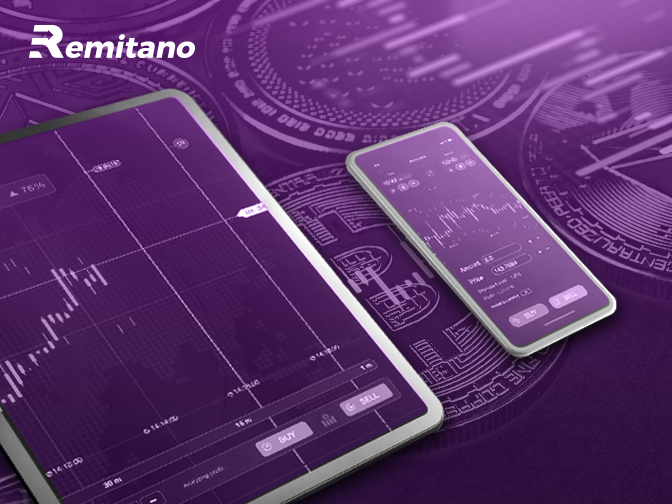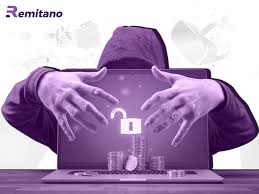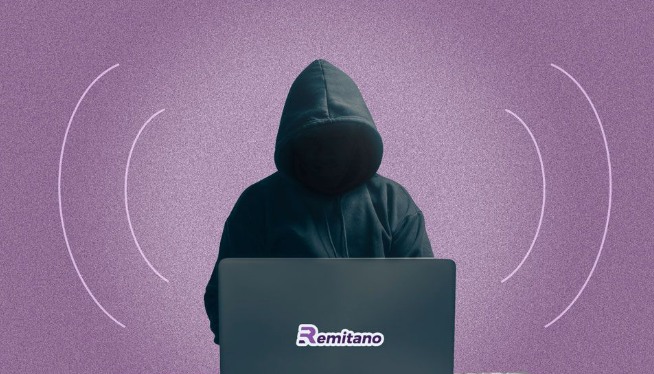
In the ever-evolving world of cryptocurrencies, managing your exchange account is just as important as choosing which coins to invest in. Among the most popular platforms used by investors in Asia and globally, Remitano Security stands as a key topic of concern. With digital assets becoming highly valuable, the threats to account safety have also grown exponentially. This guide covers everything you need to know about Remitano Security, how to manage your account, and the most effective ways to keep your funds safe.
What is Remitano Security?
Remitano Security refers to the comprehensive set of safety measures implemented by Remitano to protect user accounts and funds. But security is not only about the platform itself — it’s also about how you, as an investor, manage and secure your account. From two-factor authentication (2FA) to recognizing phishing attempts, understanding Remitano Security ensures your trading experience remains safe.
Why Every Investor Should Prioritize Remitano Security
No matter how much experience you have in crypto trading, Remitano Security should always be at the top of your priority list. Here’s why:
- High-value targets: Crypto accounts are frequent targets for hackers because of the irreversible nature of blockchain transactions.
- Evolving cyber threats: Phishing, SIM swap attacks, and malware become more sophisticated every year.
- Personal responsibility: Exchanges like Remitano provide excellent security infrastructure, but users must actively apply safety practices to stay fully protected.

Key Features of Remitano Security You Need to Know
To maximize your account safety, here are core security features offered by Remitano:
Two-Factor Authentication (2FA)
2FA is one of the strongest pillars of Remitano Security. It requires a second step (a code from your authenticator app) after your password, adding an extra layer of protection against unauthorized logins.
Email and SMS Alerts
Remitano instantly notifies users via email or SMS for critical account activities, including logins, withdrawals, and changes to account settings. These alerts give users the chance to react quickly if any suspicious action occurs.
Anti-Phishing Code
This is a unique code set by the user, displayed in all official Remitano emails. If the code is missing, it’s a clear sign that the email may be fraudulent.
Withdrawal Whitelists
Remitano allows users to whitelist specific wallet addresses, ensuring that funds can only be withdrawn to trusted wallets.
How to Secure Remitano Account – A Step-by-Step Guide
Even with Remitano Security features in place, your account safety depends heavily on personal practices. Here’s how to secure your Remitano account effectively:
Step 1: Use a Strong and Unique Password
- Combine uppercase, lowercase, numbers, and special characters.
- Avoid using your birthday, phone number, or any publicly known information.
Step 2: Enable Two-Factor Authentication (2FA)
- Use apps like Google Authenticator or Authy instead of SMS 2FA.
- Store your backup code securely offline.
Step 3: Set Up Anti-Phishing Code
- Create a code that only you know.
- Avoid using generic terms like “1234” or “password”.
Step 4: Monitor Account Activity
- Regularly check login history and withdrawal history.
- Set up email/SMS notifications for all transactions.
Step 5: Be Wary of Phishing Scams
- Always double-check email addresses and URLs.
- Remitano will never ask for your password or 2FA code via email. Remitano Risk Management – Proactive Security for Long-Term Investors
Security isn’t just about preventing hacks; it’s also about reducing the potential damage if something goes wrong. This is where Remitano Risk Management comes in — a holistic approach to managing account security risks over the long term.

Diversification of Assets
- Don’t keep all funds on a single platform.
- Use hardware wallets for long-term holdings.
Periodic Security Audits
- Review your email security, device security, and browser extensions.
- Reassess and update your passwords every 3-6 months.
Educate Yourself Constantly
- Follow Remitano’s official blog and security updates.
- Stay informed about the latest types of attacks targeting crypto users.
Advanced Security Practices Beyond Basic Remitano Security

For seasoned investors managing large portfolios, basic Remitano Security is not enough. Here are some advanced techniques you can adopt:
Use Dedicated Devices for Trading
- Consider using a separate phone or laptop strictly for crypto transactions.
Secure Your Email Account
- Your email is the gateway to your exchange account.
- Enable 2FA and monitor for suspicious login attempts.
Avoid Public Wi-Fi
- Always use secure home networks.
- If traveling, rely on a VPN for encrypted connections.
Implement Hardware Security Keys
- Devices like YubiKey add a physical security layer that even 2FA apps can’t match.
Common Threats to Remitano Security You Should Be Aware Of

Even with strong Remitano Security practices, you need to stay alert to these common threats:
Phishing Attacks
- Fake emails or websites mimicking Remitano to steal your credentials.
Malware
- Keyloggers and spyware that capture your keystrokes and screen activity.
SIM Swapping
- Attackers hijack your phone number to gain access to SMS-based 2FA.
Remitano Security in Action – Real-Life Case Studies

Case 1: Scam Done Wrong
An investor received an email claiming to be from Remitano, asking to “verify his account”. The fake link redirected to a phishing site where login credentials were stolen. The investor detected the scam using the Anti-Phishing Code feature.
Case 2: SIM Swap Prevention
Another investor noticed suspicious login attempts after losing phone service. Since they used app-based 2FA instead of SMS 2FA, their account remained secure.
Conclusion
Stay Ahead with Strong Remitano Security Practices
Remitano Security is not something you set up once and forget. As threats evolve, your security practices must also evolve. By leveraging Remitano’s built-in security features, combined with personal vigilance and advanced risk management techniques, you can confidently trade and invest in crypto without constantly fearing account breaches.























